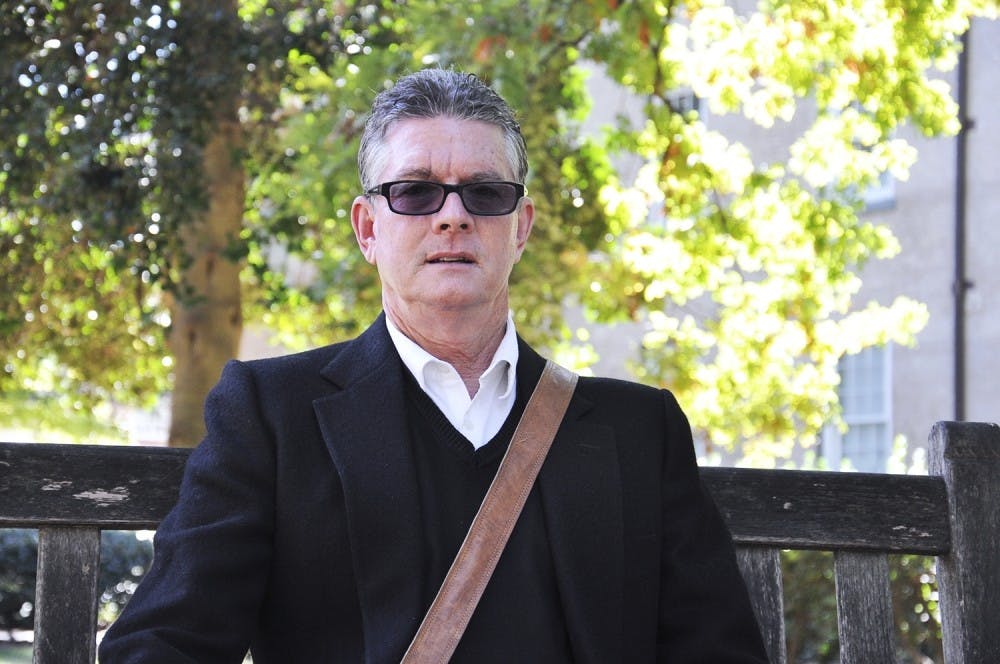After physician assistant John Strader retired from the UNC Lineberger Comprehensive Cancer Center last year, he went to Monrovia, Liberia, for seven months.
Strader helped with a clinical trial through the Bill & Melinda Gates Foundation, treating Ebola patients with plasma from survivors. He also worked with nonprofit organizations to provide portable water purification devices for Ebola survivors.
Strader is returning to Liberia this fall to help rebuild the medical infrastructures in the country. He spoke with Senior Writer Wei Zhou about his plans.
THE DAILY TAR HEEL: What’s the biggest challenge for you there in Liberia?
JOHN STRADER: They had (the) fourth poorest country in the world. They had very poor medical infrastructures. So when Ebola occurred in their country, it basically exposed all the real problems they had as a country ... If you look at West Africa in that particular area, there was a very low socio-economic situation with poverty and poor access to medical care.
DTH: What do you think they still need over there?
JS: Clean water. Water is life ... In Liberia, there are wells. But the wells that have been put in by UNICEF or these different agencies around the world ... the well is a shallow well ... With the shallow wells, we have tested and found the wells are contaminated.
Because of their poor water, they are very susceptible to Ebola. I came to realize that if we really want to make a difference in Liberia, Sierra Leone and Guinea, we really have to focus at the basic framework of health, and that’s prevention and protection.
DTH: When you come back (to Liberia) this fall, are you going to have another contract with the Gates Foundation?




